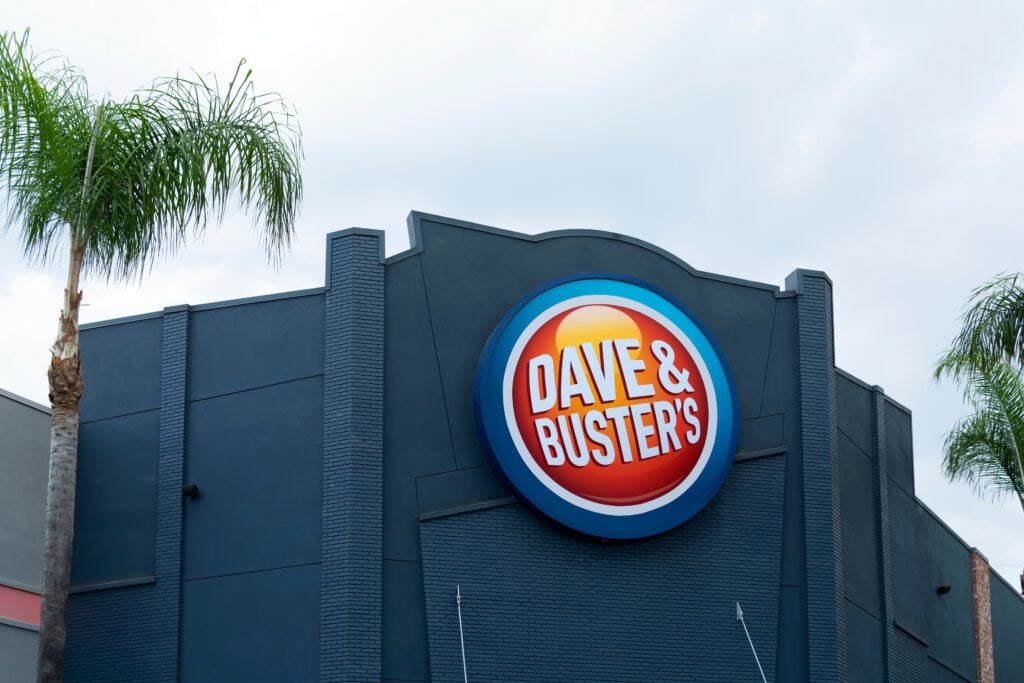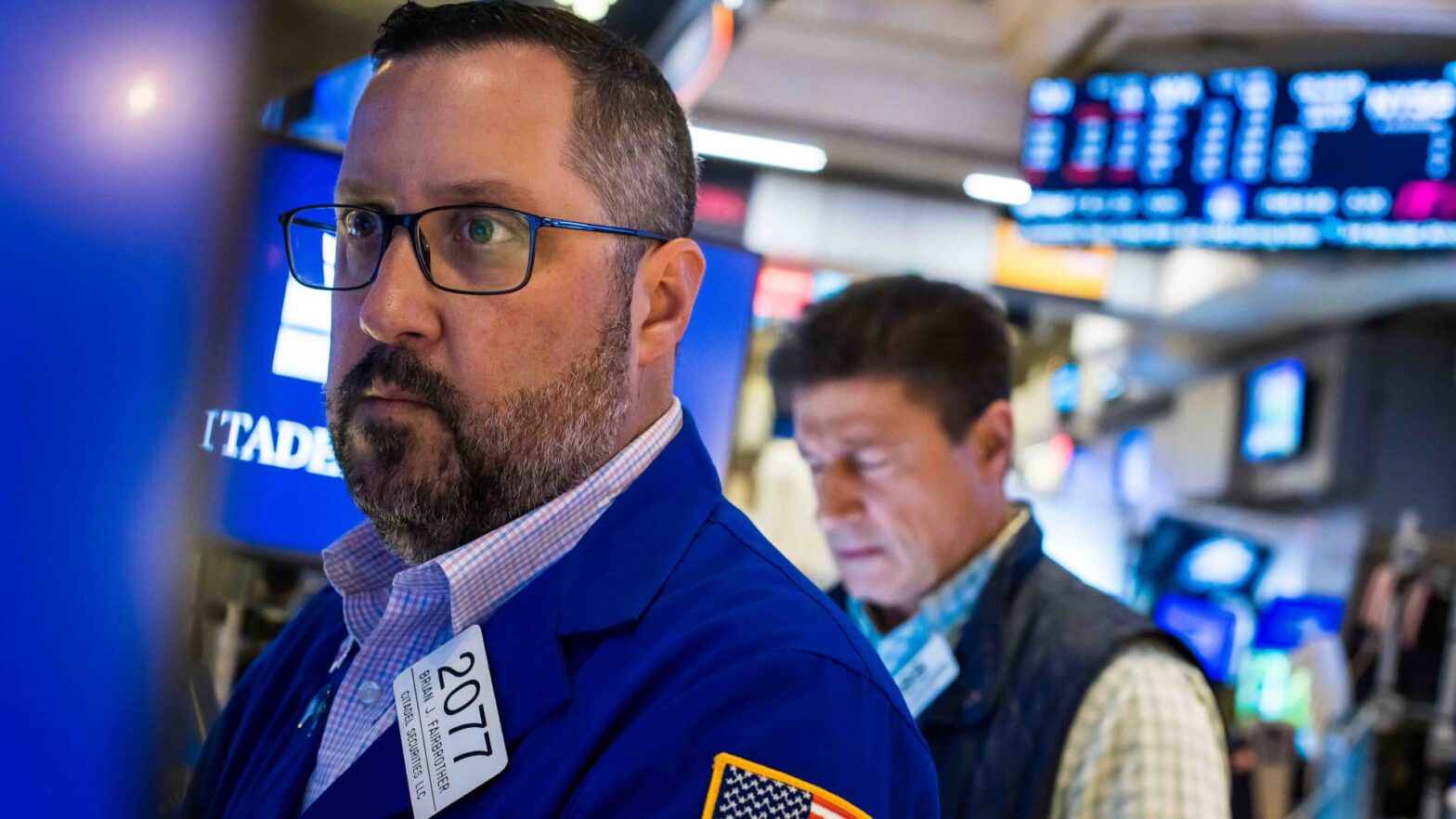
Here are the most important news items that investors need to start their trading day:
1. Inching back
Stock futures slid Monday as investors looked ahead to a jammed week of earnings reports and economic data. The three major U.S. indexes climbed last week and have now recovered much or all of what they lost after President Donald Trump announced steep tariffs on dozens of countries at the start of the month – which he has since temporarily lowered. The S&P 500 has fallen 1.5% so far in April, while the Dow Jones Industrial Average has dropped 4.5%. The Nasdaq Composite has gained 0.5%. In addition to hearing how some of the most important companies in the world are faring, investors will also digest first-quarter gross domestic product and the Fed’s preferred inflation metric, both out Wednesday, followed by the April jobs report on Friday. Follow live market updates.
2. Earnings extravaganza
Satya Nadella, CEO of Microsoft, speaking on CNBC’s Squawk Box outside the World Economic Forum in Davos, Switzerland on Jan. 22nd, 2025.
Gerry Miller | CNBC
The busiest week of earnings season is upon Wall Street. About one-third of both the S&P 500 and Dow will post results this week. Those include four of the so-called Magnificent Seven – Apple, Amazon, Meta and Microsoft – along with major consumer brands like Coca-Cola, Starbucks, McDonald’s and Eli Lilly. Investors will be watching whether any companies reduce or withdraw their financial guidance because of tariffs or lower consumer spending. Several restaurants, airlines and consumer packaged goods companies took that step last week. Here are the key reports to watch:
- Tuesday: UPS, Pfizer, Coca-Cola (before the bell); Starbucks (after the bell)
- Wednesday: Yum Brands, Etsy (before the bell); Meta, Microsoft, Qualcomm (after the bell)
- Thursday: CVS, Eli Lilly, McDonald’s (before the bell); Apple, Amazon, Airbnb, Reddit, Block (after the bell)
- Friday: Chevron, Exxon Mobil (before the bell)
- Saturday: Berkshire Hathaway
3. China crunch
Workers work on a production line manufacturing smart automotive central control navigation products at a factory of Beidou Intelligent Connected Vehicle Technology Co. (BICV) in the High Tech Industrial Development Zone in Suqian, Jiangsu Province, China April 9, 2025.
China Daily | Via Reuters
Trump’s tariff on Chinese imports is starting to hit businesses in the country. Some manufacturers are either trying to find new markets or stopping production in the face of the 145% duty the U.S. has imposed on many goods. “I know several factories that have told half of their employees to go home for a few weeks and stopped most of their production,” said Cameron Johnson, Shanghai-based senior partner at consulting firm Tidalwave Solutions. Many of the most affected businesses make toys, sporting goods or low-cost items sold at places like dollar stores.
4. Pall of duty
An auto salesman helps a customer in a Chevrolet dealership in Redford Township, Michigan, U.S., March 27, 2025.
Rebecca Cook | Reuters
The threat of tariffs has caused U.S. consumers to spring early for some major purchases like cars and iPhones. But in many other areas, shoppers are holding out because of the duties and economic uncertainty. “There’s so much uncertainty right now that shoppers just don’t know what to do,” said Steve Zurek, vice president of thought leadership at NielsenIQ. “There’s nowhere to hide here — all they can do is control the household economics they have.”
5. Losing altitude
Domestic airfare is falling in the U.S. Airline CEOs have said demand for domestic trips is falling as travelers digest tariffs and concerns about an economic slowdown, leaving empty seats in the back of planes. “Nobody really relishes uncertainty when they’re talking about what they could do on a vacation and spend hard-earned dollars,” American Airlines CEO Robert Isom said on a quarterly earnings call on Thursday. Even so, Americans are still traveling overseas in droves.
– CNBC’s Sean Conlon, Pia Singh, Robert Hum, Evelyn Cheng, Melissa Repko, Michael Wayland and Leslie Josephs contributed to this report.















